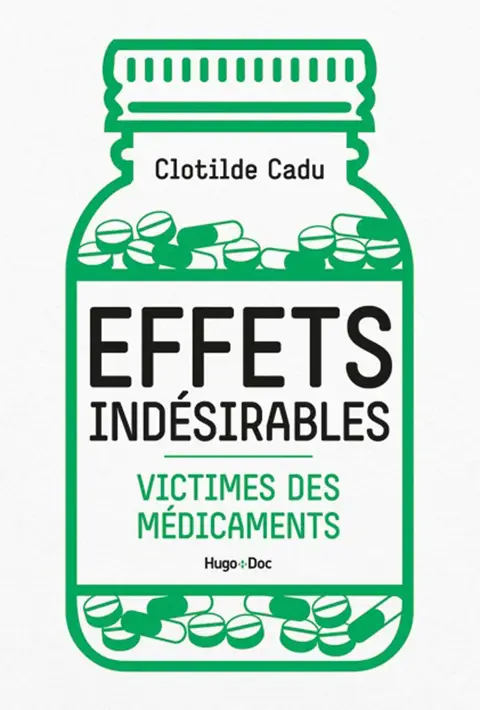
Sarah Watson
Research Pharmacist, UMC

Photo: Eli Francis on Unsplash
A UMC researcher reviews a book that examines the French pharmacovigilance system through the eyes of patients affected by adverse drug reactions.
I’ve just finished a fascinating book, Effets indésirables: Victimes des médicaments (undesirable effects: victims of drugs) by French freelance journalist, Clotilde Cadu, which delves into the French pharmacovigilance system through the eyes of patients affected by adverse drug reactions. It’s not so often that we come across books on pharmacovigilance themes for a broader audience, so it’s nice to find one as well written as this.

In Effets indésirables: Victimes des médicaments, Cadu revisits several cases of drug-related harm from recent French history from the point of view of the patients. She gives the patients a voice, telling what it was like for those affected by the drugs and how they were perceived and treated by doctors, pharmaceutical companies, and the legal system.
As a researcher, used to dealing with case reports, scientific papers, and statistics, a book like this is an important reminder that there is a real person behind every data point. I believe that keeping that perspective is vital to the quality and relevance of our research. The better we understand what the patients are experiencing, the better we can do our job of improving their safety.
Online psychedelic forums hold untapped safety data. AI analysis of user narratives could help pharmacovigilance systems detect risks missed by traditional reporting.
13 November 2025
MUEs are typically used to improve the safety of drugs, however, may they also have a role in measuring the adherence to risk minimisation measures?
06 August 2025
While underreporting remains a persistent global challenge, innovative approaches are showing promise in different regions
18 February 2026